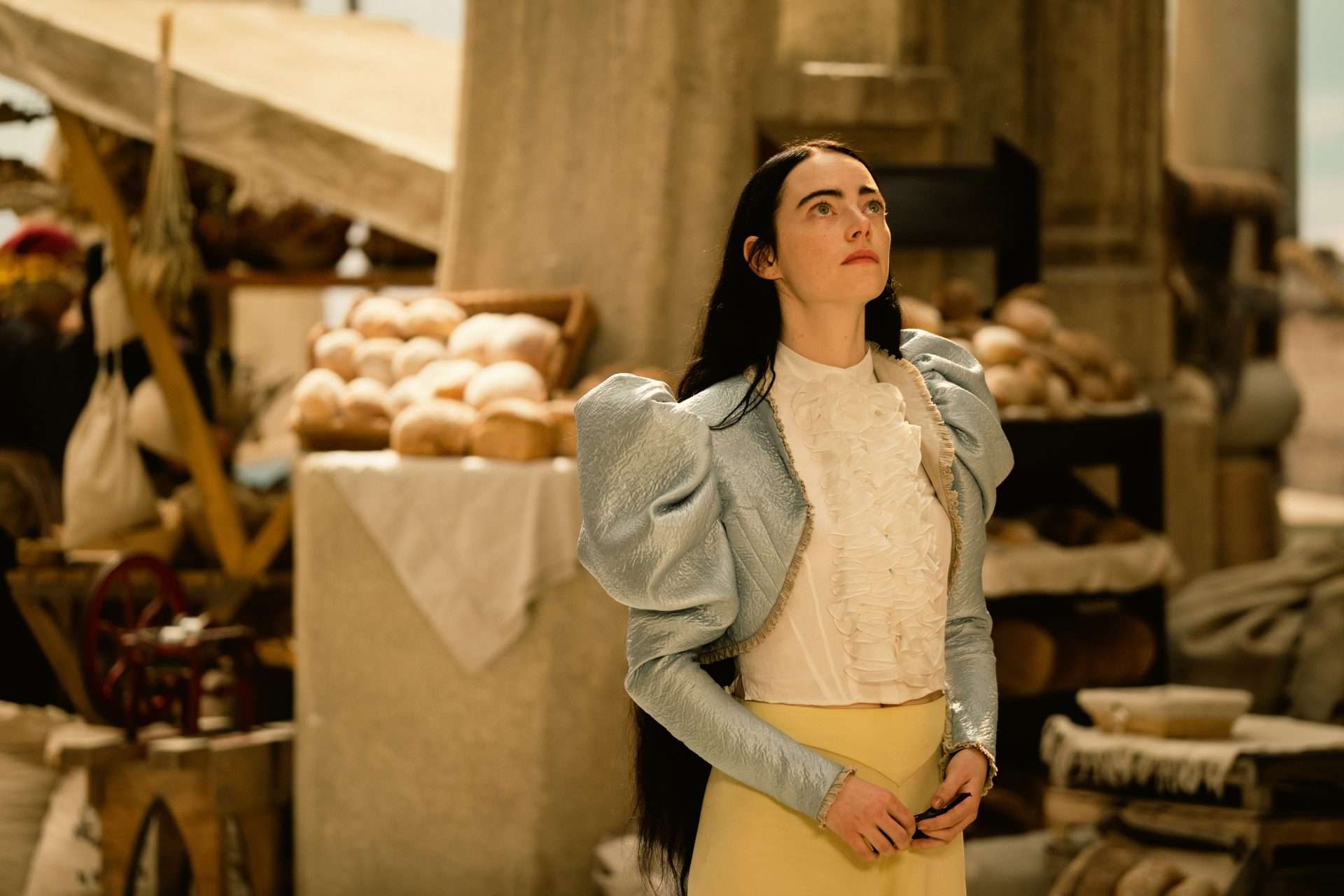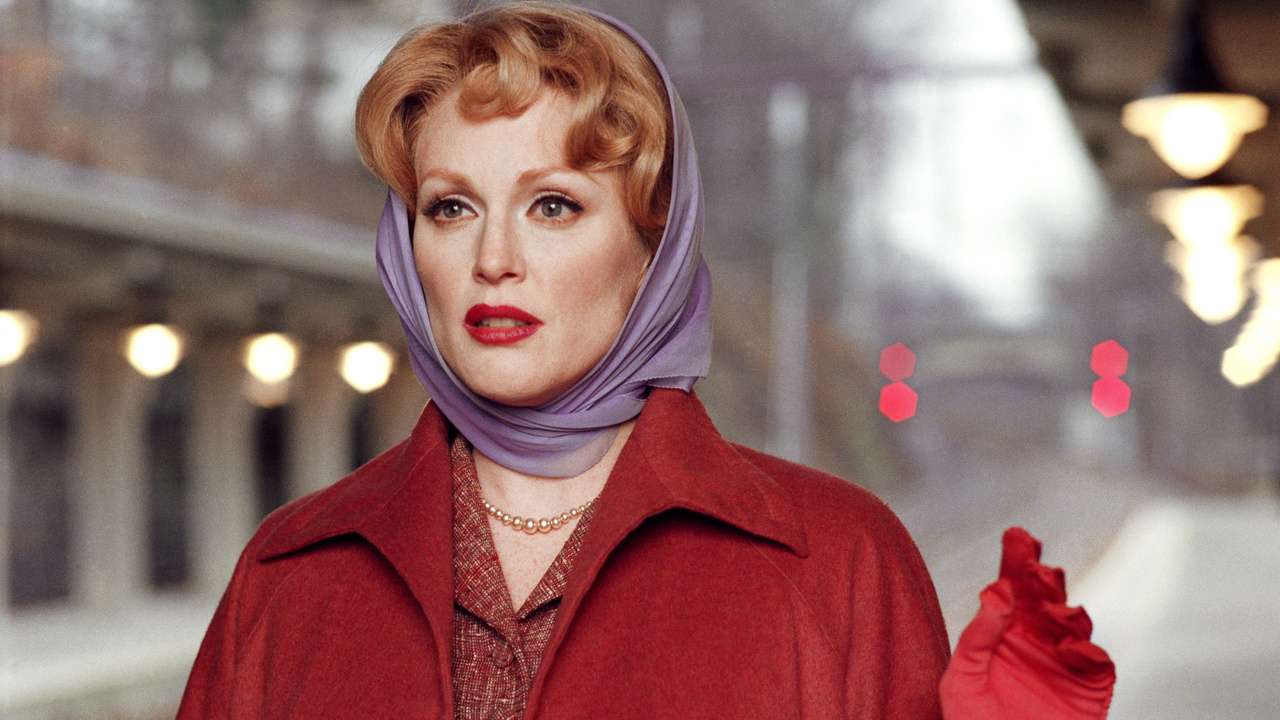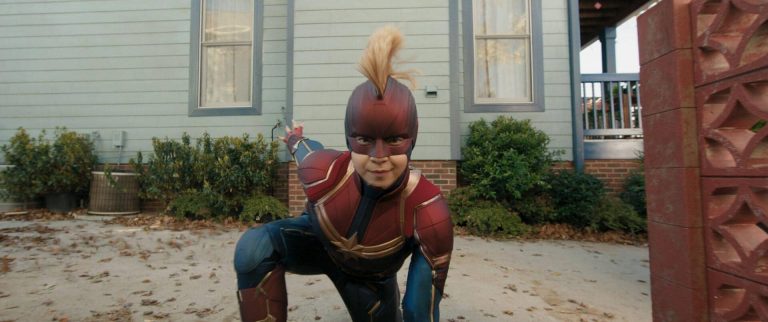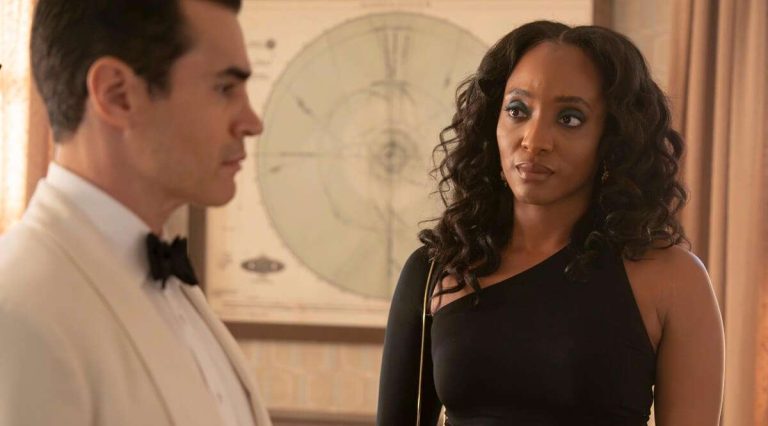Black Swan is a 2010 American psychological horror film directed by Darren Aronofsky from a screenplay by Mark Heyman, John McLaughlin, and Andres Heinz, based on a story by Heinz. The film received five nominations at the 83rd Academy Awards, including Best Picture, with Portman winning Best Actress; it also received four nominations at the 68th Golden Globe Awards, including Best Motion Picture – Drama, with Portman winning Best Actress in a Motion Picture – Drama. Nina Sayers (Natalie Portman) is a ballerina who is committed to playing the white swan. She soon lost her tenuous grip on reality and jumped into madness when her new rival, Lily (Mila Kunis), hopped into the scene.
Black Swan (2010) Movie Summary & Plot Synopsis:
Nina Sayers is a young talented ballet dancer who lives with her mother, Erica (Barbara Hershey). She works with New York City Ballet Company which decided to open the new season with Tchaikovsky’s Swan Lake. Thomas Leroy (Vincent Cassel), the director of the same, announces he needs a contemporary dancer for dual roles, White Swan Odette and Black Swan Odile, after prima ballerina Elizabeth “Beth” MacIntyre (Winona Ryder) into retirement by coercion. Nina, having aimed for the same role auditions for both where she, gives a wholesome performance for Odette but fails to do the same for Odile. For this mishap, Nina requests Thomas to reconsider her role, but out of nowhere, he kisses her, which makes her bite him and leave his office.
Later that day, it was of utter surprise to Nina that she got the role of Odette. Before she knows it, at a gala celebrating the new season, an intoxicated Beth indicts Nina of providing sexual favors in exchange for her role to Thomas, an assertion that is never true. The next day, Nina rushes to the hospital after being informed of Beth’s accident, only to discover to her horror, that her legs were severely hurt, signifying that she cannot perform ballet anymore.
During rehearsals, Nina observes a newcomer, Lily, who has a similar bodily resemblance to Nina, like a doppelgänger. Nina, who is introverted, shy, and reserved, gets overwhelmed when she sees Lily, who is more outgoing, confident, and free-spirited. She leaps into a sudden phase of hallucinations and finds inexplicable scratch marks on her back.
However, one night, Nina goes out with Lily for drinks. Nina is offered an ecstasy capsule which she initially denies but takes it when Lily assures her that the effects will last for some hours. Nina soon starts to behave under the influence of ecstasy and flirts with men in the bar, including Lily. They both then return to Nina’s apartment late that night. After arguing with Erica, she fortifies herself in her room, and Lily performs oral sex. Nina wakes up the following day but alone. When she arrives at the Lincoln Center, Nina sees Lily dancing and asks her about their night together which Lily denies. She tells her that Nina went home with Tom from the bar.
Nina continues having rehearsals with still a delusion in her mind. She is now convinced that Lily is striving for her place as she learns that Thomas chose Lily for the alternate role. Nina is overwhelmed by a feeling of immense pressure when she finds herself competing for the role. She even tells Thomas that Lily is after her role; Thomas reassures her that she isn’t. However, Nina’s hallucinations get wild, and her wounds seem to increase even during dress rehearsals. She even sees herself transforming into Odile. Nina returns Beth’s belongings which she stole earlier, just because she wants to be ‘perfect.’
On the other hand, Nina rebukes her mother when she calls the theater and says that the role of Odette is actually destroying Nina, both mentally and physically, and she might not be a perfect fit for it.
Nina still manages to go to perform the act despite her mother’s objection. When the ballet’s second act is about to end, Nina gets a hallucination which causes the male dancer disguised as the prince to drop her on the stage. This infuriates Thomas. She returns to her dressing room in tears and sees Lily preparing for Odile. Lily incites Nina, and during the clash, Nina pushes her to the mirror, causing it to break. She sees Lily transformed into Nina. She stabs her doppelgänger with a large shard of glass from the mirror, killing her because it is “her turn.” The body reverts to Lily. She drags Lily’s corpse into the bathroom, hides it, and returns to the stage, dancing flawlessly as Odile. She apparently turns into a black swan with her skin covered in feathers that later develop as wings.

Black Swan (2010) Movie Themes Analysed
1. PERFECTIONISM
Nina, the main protagonist of the movie, always strived for perfection. She was excessively driven by the desire to be perfect and to achieve perfection in her ballet performance. It is as if she had this thing on her mind that flawless is the only beauty standard in any field. When Lily made her way to perform the Odile, Nina knew her position was at stake, but she had nothing to worry about. Her depressed self repeatedly told her that everyone around her was trying to snatch her role. An introverted and innocent girl like Nina was later afflicted with a psychologically twisted persona growing inside of her.
Often people who want to achieve new levels of excellence face an inferiority complex when they see others as skilled as them. This plays a vital role in pessimistic personality development. Nina also faced an identity crisis when Lily was given the role of Odile. Gradually, Nina completely lost herself.
2. INSANITY
Aronofsky sent a great message through this film; he made his audiences aware that perfectionism is a disease. Nina, who was a calm, innocent, and beautiful young girl, fell prey to it. Nina’s perfectionist nature drove her straight to insanity. She became self-destructive, and continual hallucinations and delusions aided her in ultimately losing her grip on reality. She wasn’t differentiating between reality and hallucination before the final act. She thought she killed Lily but stabbed herself instead.
Insanity or mental illness is a huge thing. Neglecting it might even land a person in greater danger. Her insanity was so extreme that when she stabbed herself, she didn’t feel any bodily pain by then. This film is a powerful exploration of the psychological toll that mental illness can take on an individual.
3. DUALITY
The film is based on Tchaikovsky’s Swan Lake, where the white swan (Odette) represents mere innocence, purity, and serenity, whereas the black swan (Odile) represents seduction, sensuality, and darkness. Every individual has a combination of these qualities, and that’s totally acceptable. Nina explored more and more about herself when she introduced her body to desires. Coping with dual qualities made Nina slip off of reality very soon.
She knew black swan was marked by sexual awakening. This sexuality is linked to her darker side, more animalistic side, which the black swan represents. The development of influential duality was seen in her first sexual encounter. However, not everyone is built the same. She started losing it all when she discovered her “black swan” qualities.
4. PERSONALITY
Nina and Lily had two distinctive personalities. Nina was a shy and introverted ballerina who was too much dedicated to her craft. She was obedient and dutiful to her overprotective mother, Erica, and she didn’t want to disappoint her at any cost. Her pursuit of perfection consumes Nina, who suffers from identity disorder and an inferiority complex. She was later prone to hallucinations when all the pessimistic side of perfectionism opened the door. She later became violent and self-destructive.

Whereas Lily was a carefree, outgoing, and confident ballerina who was also skilled in her art. She was adventurous and spontaneous, unlike Nina. She was a risk-taker. Lily’s confidence worked as a catalyst for Nina’s insanity. However, her carefree nature can be interpreted as reckless. Nina and Lily had opposing personalities, which eventually would have led to confrontation and conflicts.
5. OBSESSION
Obsession is a very vile and arbitrary trait of anyone who possesses it. Obsession may cause people to develop compulsions. However, compulsions can take on obsessive or extreme intensity. For example, Nina’s obsession with perfectionism had no parallel. All she wanted was to perform the ballet, being Odette. We human beings are not flawless; there will be certain things that we seek but can’t achieve, and our mind is accustomed to such little failures because everything we strive for is infeasible to get, but that doesn’t proclaim us as losers. Nina’s mindset didn’t have a place for those beyond her. She wanted herself and only herself to be in the lead role, which she eventually got. But what did it cost her? Her sanity!
Mental health awareness is essential. Obsession is a mere glimpse of how distorted mental health looks. Nina never accepted the way she was, her flaws, her limitations, or her insufficiency. She was so driven by the powerful obsession with perfectionism that she lost her sanity.
Black Swan (2010) Movie Ending Explained
In the final scenes, it is shown that Nina gives in to her hallucinations and delusions while stabbing a figure resembling Lily, but little does she know she has injured herself. There are probable explanations for the ending, but the possible explanation is- Nina had two sides, the repressed, controlled, and perfect white swan and the passionate, wild, imperfect black swan, which were internally struggling between her.
Throughout the movie, Nina’s journey is one of self-discovery and transformation as she learns to embrace her darker side and let go of her fear and inhibitions. The delusions and self-harm can be interpreted as a manifestation of her psychological and emotional turmoil, which she landed upon.
When Nina is shown embracing herself as the black swan, it signifies that she is welcoming her darker side, which symbolizes her victory. By fully acknowledging the role of Odile, she is represented as a girl who overcame her fears and doubts and achieves a moment of artistic and personal transcendence.
The stabbing scene also portrays that Nina practically and metaphorically bled for the role of Odette. And now, once she accepts herself the way she is, her thoughts become unclouded. She finally sees herself as the black swan. This film speaks about how difficult it is to adapt to our true selves and how complex it is to make our minds believe what we are not.
Nina is shown to be a simple yet complex character who, to some extent, has dissociative identity disorder. Her hallucinations ascertain the fact. Striving for perfection is itself a flawed trait. During the ending, the camera zooms into Nina’s face, revealing that she is happy with the outcome and at peace. The standing ovations and the compliments she received are all that she ever asked for. The curtain falls without letting the audience know whether Nina survives from there, yet it ought to be the ending of Nina’s stage life.







![Mission: Impossible – Fallout Review [2018]: Accept the best Mission Impossible yet!](https://www.highonfilms.com/wp-content/uploads/2018/07/Mission_Impossible_Fallout-768x384.jpg)

